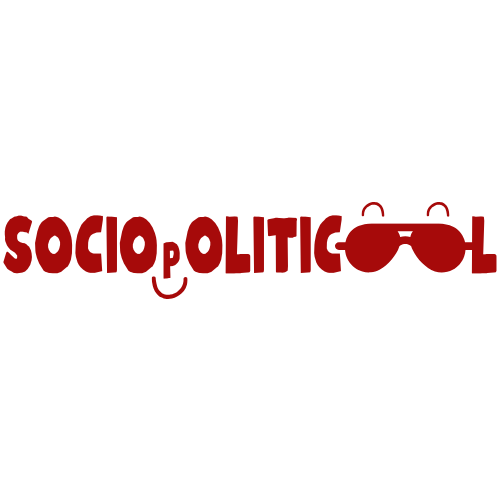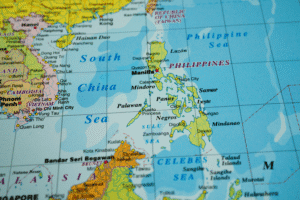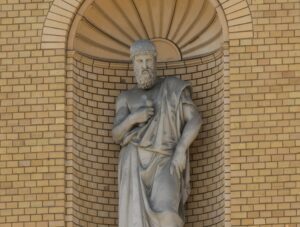This is not the first time you’ve heard of Confucius’ name. He might be the only Chinese philosopher you know, as he is the most influential.
But you want to know what he did during his time, which is why you are here. Okay, let me explain it quickly.
If someone mistreated you and you sought revenge, and it led to chaos, you would say: “Girl, treat others as you would want to be treated. You asked for chaos.” And then a hair flip while you roll your eyes.
That is Confucius’ golden rule, but used as an excuse.
Basically, the golden rule means that we should treat others the way we want to be treated, by avoiding actions toward them that we wouldn’t want for ourselves.
If you want to enter the government, you may need to pass the civil service exam. You wouldn’t need to if Confucius hadn’t existed.
If you have an Asian friend and you are confused about why family is so big in their life, still connected even when miles apart, it is because Confucius valued family. Asian values are rooted in his teachings.
The golden rule, the civil service exam, and Asian values. Yes, those are all based on Confucian teachings!
If you want to learn more, then read more.
Confucius Was Born in 551 BCE
Confucius was born in 551 BCE in the State of Lu, which is in present-day Shandong Province, China.
His real name was Kong Qiu. “Confucius” came from Jesuit missionaries who brought his teachings to the West.
He was an avid learner from a young age. As he grew older, he became a teacher not of any one subject, but of how to live rightly and morally.
His ideas laid the groundwork for what would become Confucianism, one of the most enduring schools of thought in Asia.
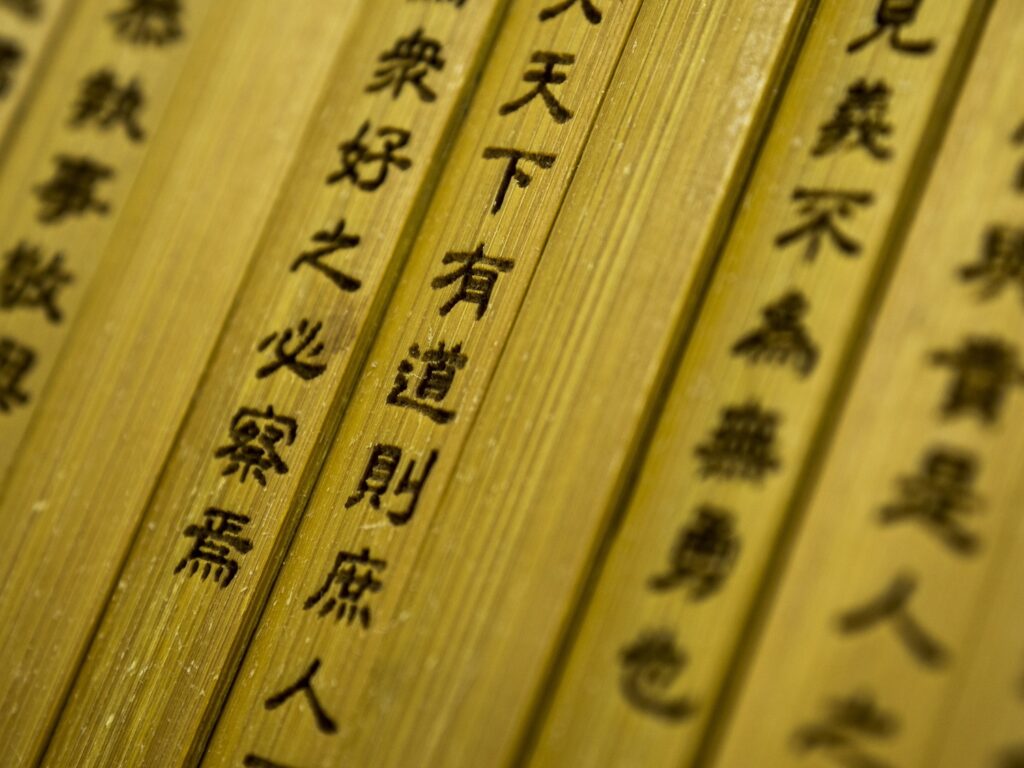
The Analects Is a Collection of Confucian Teachings
Confucius didn’t write any books.
The Analects, which you may have heard of, is a compilation of his sayings, conversations, and teachings, written down by his disciples after his death.
It covers everything from how to behave with your parents to how leaders should govern with virtue and not fear.
Back then, anyone hoping to get into government service in China was required to memorize it and write essays about it during civil service exams.
Society Is an Extension of Families
According to Confucius, if you want a peaceful, just, and moral society, you need to start by being a good son or daughter.
This concept is rooted in filial piety, or the deep respect and care children owe to their parents and elders, even when they are not around.
Asian values are based on Confucian teachings, so Asians view the family as the core unit where social order begins.
You learn to respect authority by listening to your parents. You learn kindness and empathy by looking after your siblings.
Then, when you go out into the world, you treat others the same way.
In many Asian cultures, filial piety is observed, which is why many Asians still give to their parents even after moving out.
Only the Qualified Must Work in the Government
Confucius believed that government officials should be chosen because they were good people, not because they were born into the right family.
This idea was revolutionary during his time because, back then, government positions were passed down through powerful families, regardless of whether the person was actually capable of doing the job.
This led to corruption, instability, and bad leadership.
Good leaders, in his eyes, must rule by moral example, not by force or fear. When they are honest and fair, people naturally follow their lead.
Mandate of Heaven
Confucius supported the “Mandate of Heaven.” It is the idea that a leader has the divine right to govern, but only if he rules justly and for the public good.
If he becomes corrupt or tyrannical, he loses that mandate, and people have the right to replace him.
“Heaven” is a guiding moral force here. One who acts with benevolence and righteousness keeps its approval. One who abuses his power loses it.
Civil Service Exam
The civil service exam in Imperial China was one of the greatest practical legacies of Confucius’ philosophy.
It focused heavily on Confucian texts, especially The Analects.
Applicants had to memorize passages, write essays, and explain how Confucian virtues could be applied in real-life governance.
Poor families could rise in status if their sons passed it.
Daughters could only become wives and concubines at the time, so they were not allowed to take the civil service exam.
Civil service exams still exist today, not just in Asian countries but also in the West. Passing it now doesn’t increase one’s status, though.
I passed it in 2018, and it didn’t increase my status.
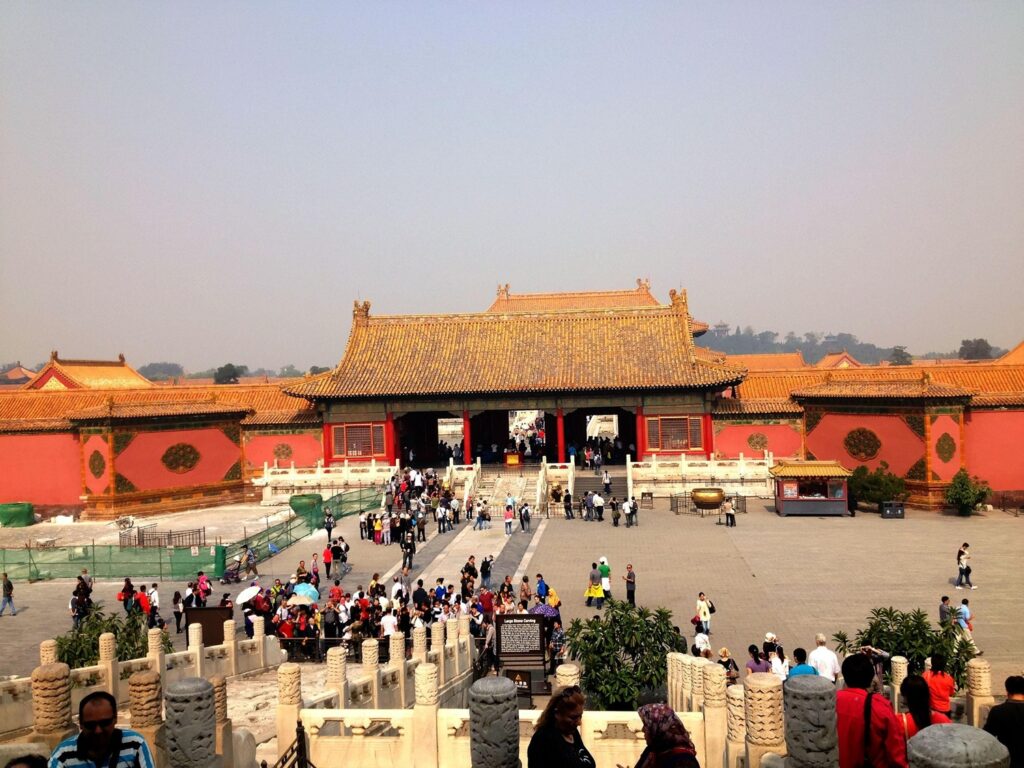
Junzi
In Confucian thought, a junzi is a person with integrity, puts others before himself, and constantly strives to improve morally and intellectually.
He is the ideal citizen and the kind of person who should hold public office.
This concept stands in contrast to the xiaoren, who is selfish, short-sighted, and driven by personal gain.
Confucius warned that when a xiaoren runs a country, society suffers. But when a junzi is in charge, everyone thrives.
Confucian Virtues a Leader Must Cultivate
Confucius wanted leaders to be good people. He believed that if they practiced certain core virtues, citizens would naturally follow their lead.
Benevolence (Ren 仁)
Benevolence, or ren, is about kindness, empathy, and compassion to others.
If a leader loves his people the way a parent loves their children, the entire country will be harmonious. Why?
He will never exploit or mistreat his people. Instead, he will work for their benefit, even if it means personal sacrifice.
Righteousness (Yi 义)
Righteousness is about, obviously, doing what is right even when it is hard. Or standing up for justice and fairness, no matter the cost.
So, a good leader doesn’t do something just because it is profitable or popular. He acts based on what is ethically correct.
Ritual Propriety (Li 礼)
Ritual propriety means behaving appropriately according to your role in society. It is showing that you value others through your actions.
Ritual propriety goes beyond rituals. It embodies the ethical behavior and self-discipline that guide everyday interactions.
Society runs on respect, according to Confucius. And respect is expressed through rituals, manners, and traditions.
Today, it can be seen in simple acts like saying “please” and “thank you,” or showing up on the agreed time.
Wisdom (Zhi 智)
If you know when to speak and act, and can apply what you know in a thoughtful, ethical way, then you have wisdom.
Integrity (Xin 信)
A leader who isn’t trusted by the people can’t govern effectively, no matter how skilled or charismatic he is.
He needs to have integrity. So, he must be honest, dependable, and consistent. He must do what he says he will do.
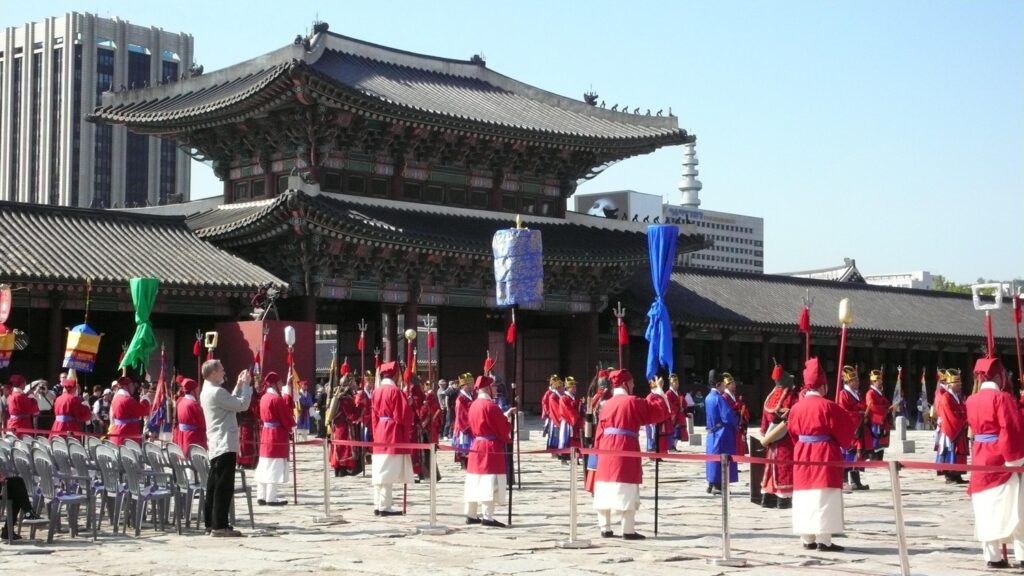
Countries That Use Confucian Teachings
Confucianism may have started in China, but its influence has spread far and wide, especially across East Asia.
Korea
In Korean society, younger people are expected to defer to elders, not just within the family but in schools, workplaces, and even among friends.
Language itself reflects this, as the Korean language has formal and informal speech levels that must be carefully used based on social rank and age.
Japan
Social interactions are highly formalized in Japan, with deep respect shown to superiors and elders.
You heard of senpai, right? Senpai-kōhai, or senior-junior, relationships reflect Confucian respect for hierarchy.
Hierarchy is also apparent in their language, which has polite, formal, and casual forms, quite similar to Korea.
Vietnam
Vietnam adopted Confucianism through its long historical relationship with China, particularly during the millennium of Chinese domination.
Over time, it became ingrained in their governance, family life, and moral framework, especially when dynasties still existed in their country.
Nguyễn Dynasty was the last imperial dynasty in Vietnam, ending in 1945 with Emperor Bảo Đại’s abdication.
Currently, Vietnamese respect their parents and honor their ancestors, often observed through rituals and ceremonies.
However, there has been tension between Confucian conservatism and modern values regarding gender roles and individual rights.
Singapore
Singapore is unique in that it deliberately adopted Confucian values as part of its nation-building strategy during the leadership of Lee Kuan Yew.
In Singapore, families are central units of society, and policies support traditional family structures.
Even the legal system emphasizes rehabilitation over punishment, reflecting a belief in the moral improvement of individuals.
But its multicultural makeup means that Confucianism coexists with Islamic, Indian, and Western influences.
It is strongest among the ethnic Chinese majority, but its core principles are framed as universal civic values rather than purely Chinese ones.
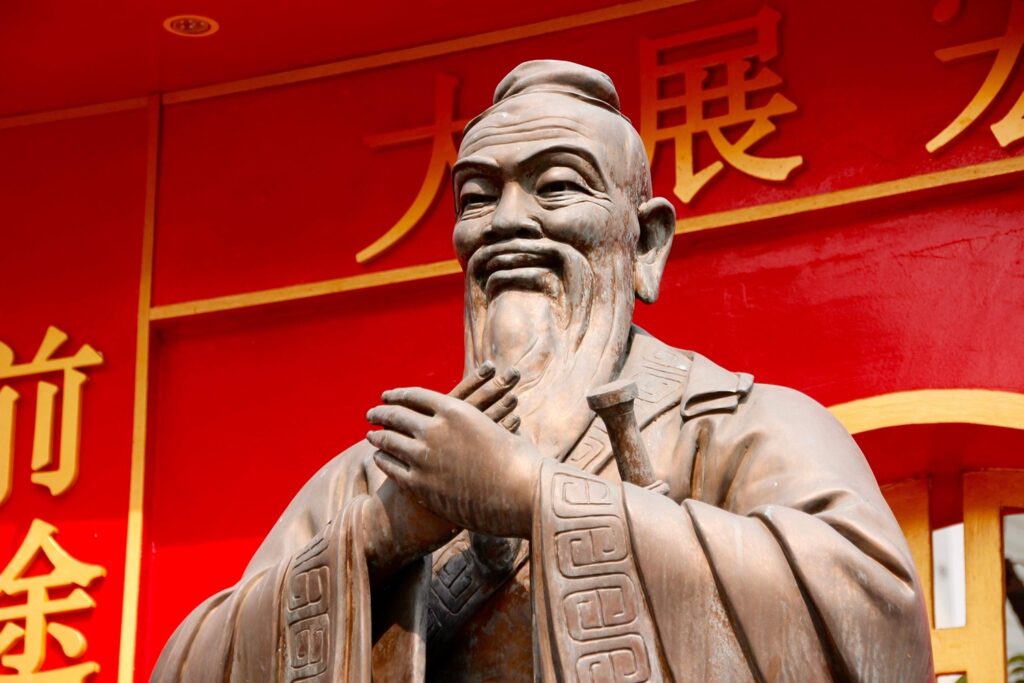
Always Remember the Golden Rule
“Do not do unto others what you would not want others to do unto you.” Sounds familiar? That is Confucius’ golden rule.
If you don’t want to be lied to, don’t lie to others. If you don’t want to be disrespected, respect everyone you meet.
Confucius believed that if everyone followed it, the world would be peaceful, provided that the action done is positive.
Apparently, the rule also applies to negative actions. If you want to be treated poorly, treat others poorly, and then the world will be chaotic.
I hope that you want to be treated well in this world so that all the actions you take are well-thought-out.
